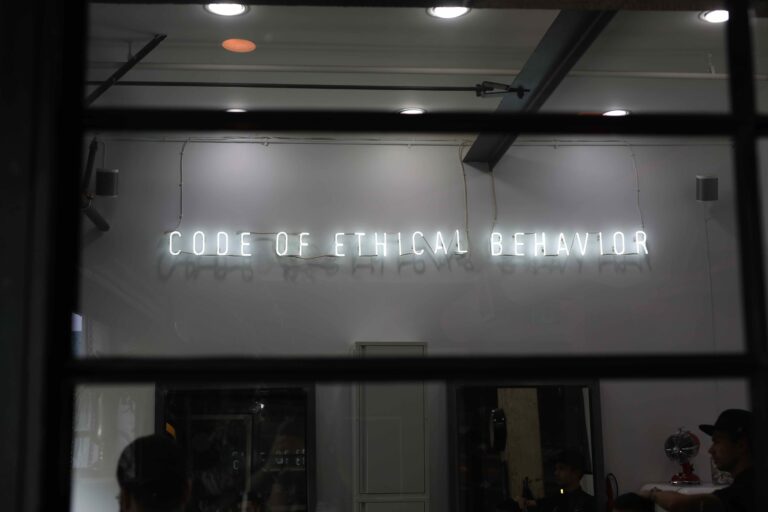
A “legacy letter” is designed to define a person’s non-financial legacy—from details of the key milestones, places and relationships in their life to the thoughts, feelings, obstacles and lessons they experienced along the way. They can even be a place to ensure important family traditions and values are preserved and continued in the future, says Kiplinger’s recent article entitled “Remember, You’re Worth More Than Your Money.”
Rather than quickly writing a letter in hindsight during old age, you should be constantly capturing major milestones, lessons and experiences in your life as they occur. This will enable future generations of your family to read, watch and, crucially, learn from them further down the line.
Many of the stories you’ll want to share in your ethical will would be achievements. However, at the same time, an ethical will isn’t only about painting a picture of perfection. We’re inspired by recovery, so you must also record the times you hit an obstacle, failed and came back stronger.
These life experiences and bits of advice can help future generations avoid the same mistakes and believe they can overcome similar issues in their own lives.
An ethical will can also enable you, as the bequeather, to fulfill that innate human desire to be remembered. You will be able to leave a legacy based not only on your material wealth, but also on your relationships, intellect, ethics and life lessons. It helps you to keep on having “conversations” with your grandchildren about their financial decisions and lifestyle choices long after you die.
You could also create a matching program in which your assets are linked to a specific behavior pattern. Therefore, if your goal is to inspire the next generation of entrepreneurs, missionaries, or professors, you can expressly state in your will that anyone who decides to pursue your chosen path can reach into the family trust and get a certain amount of dollars to do so.
This will allow you to align your financial resources to behaviors and values that are important to you from beyond the grave.
Whatever steps you decide to take to get started on your ethical will, it’s critical to plan for end-of-life in a way that goes beyond simply passing on your financial wealth to future generations.
You should also be including all the other things that have defined your life and that can go on to help your loved ones shape theirs as well.
Reference: Kiplinger (June 11, 2022) “Remember, You’re Worth More Than Your Money”
Suggested Key Terms: Estate Planning Lawyer, Ethical Will, Inheritance, Probate Attorney
